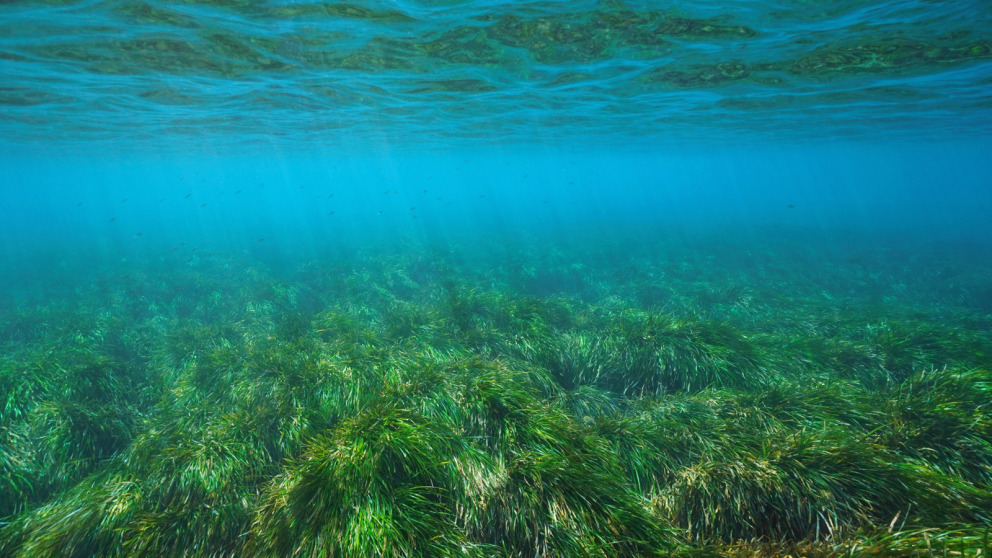Blue Carbon: Coastal and Marine Ecosystems for Climate Mitigation
Duration

Marine ecosystems such as mangroves, seagrass beds and salt marshes are able to store carbon in their biomass and sediments. Their conservation and restoration can thus make an important contribution to global climate targets and, beyond that, a healthy ocean. IASS researchers have presented recommendations for action concerning how Germany can better exploit the potential of these blue carbon ecosystems for national and global climate goals.
Interaction of climate and ocean
The ocean is a fundamental component of the climate system with numerous functions that are important for the global climate, including the uptake of carbon dioxide and heat from the atmosphere and their redistribution by marine processes and ocean currents. Humans have been increasing the carbon content of the world's oceans for decades. A major consequence of climate change is thus the already noticeable increase in sea temperature. These changes affect the resilience of the oceans and their potential for climate mitigation. Heating, acidification and sea-level rise thus endanger coastal and marine ecosystems, which are of great importance as a natural carbon sink to mitigate the effects of climate change.
Blue carbon ecosystems - climate protection and beyond
Blue carbon is a collective term for carbon bound in biotic components of coastal and marine ecosystems such as seagrass meadows and algae as well as in abiotic components such as the sediments of a marine or coastal ecosystem. Undisturbed, it remains stored there for hundreds to thousands of years. Preserving and restoring the natural storage potential of these "blue carbon ecosystems" is therefore extremely important in the fight against climate change and its consequences. Blue carbon ecosystems also provide co-benefits for sustainable development, such as biodiversity conservation, food security, economic growth and socio-cultural benefits for local populations. Together, these potentials for climate mitigation and sustainable development provide strong incentives for the long-term protection and restoration of blue carbon ecosystems.
Germany as a stakeholder
The role of the ocean as the largest carbon reservoir and its potential for mitigation and climate change adaptation are attracting growing political and public attention. Yet despite their usefulness and services, coastal blue carbon ecosystems are among the most threatened ecosystems on Earth, with estimates of between 340,000 and 980,000 hectares lost each year. This study is intended to contribute to the further national and international work of the Federal Ministry for the Environment, Nature Conservation and Nuclear Safety (BMU) at the interface of marine ecosystem conservation and climate change in order to better exploit the potential of blue carbon ecosystems for climate mitigation.